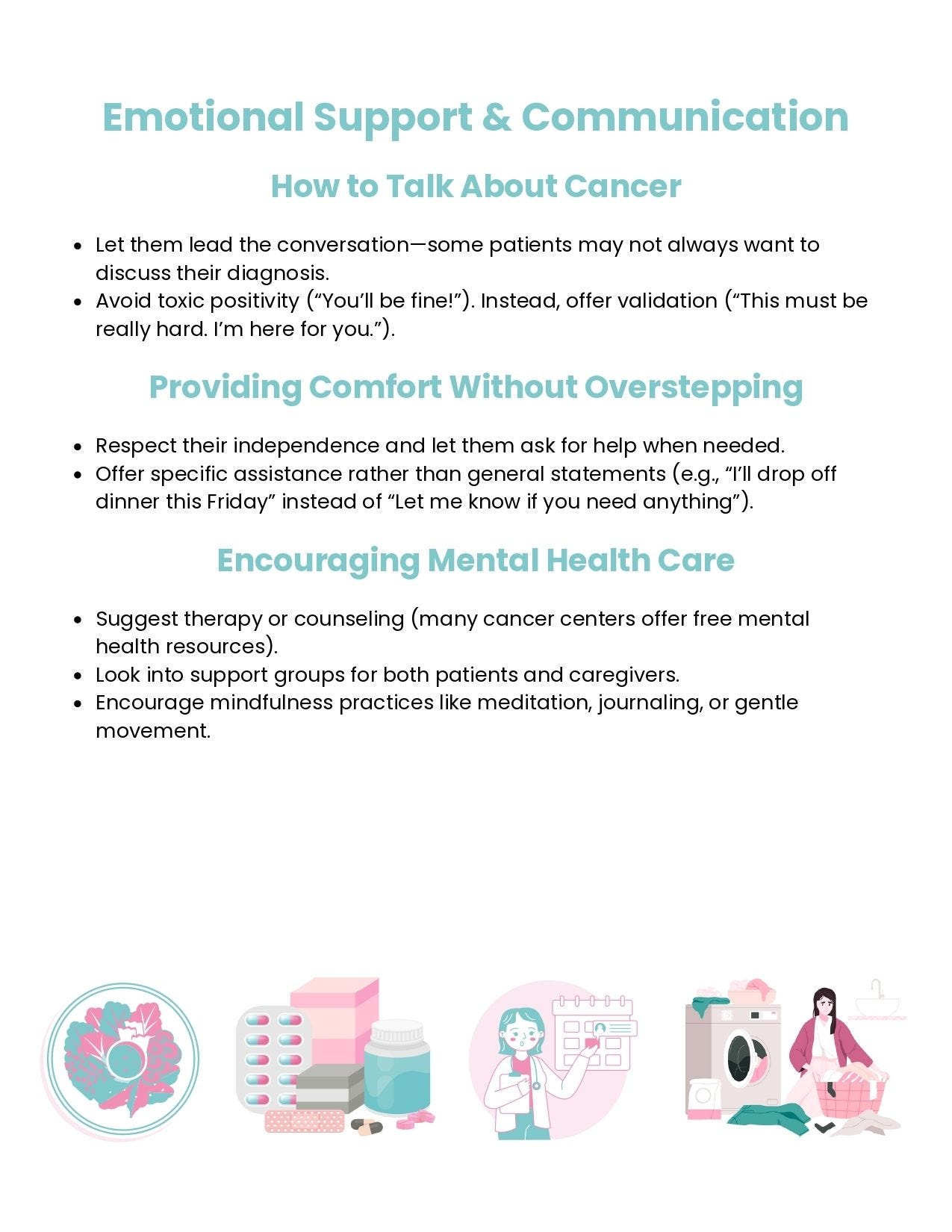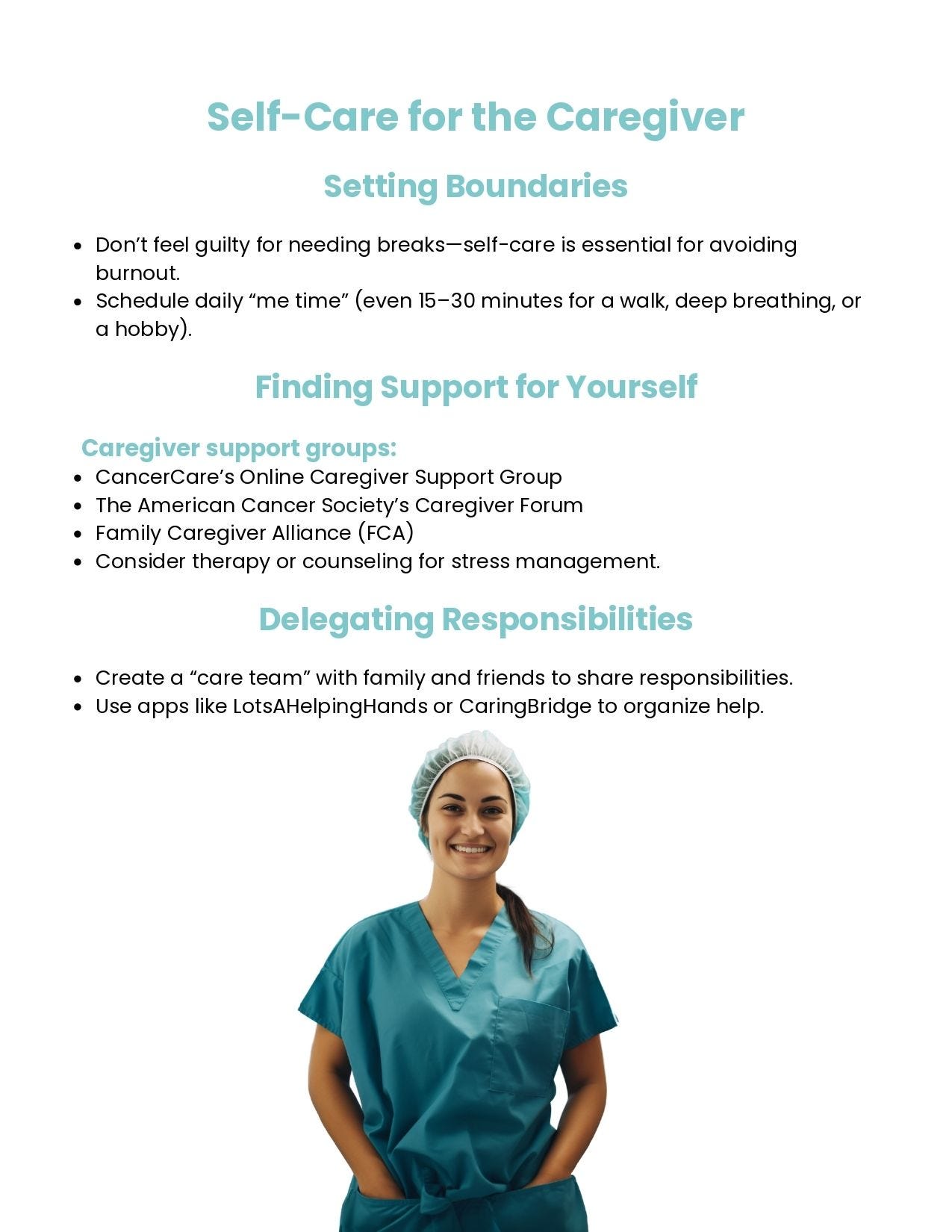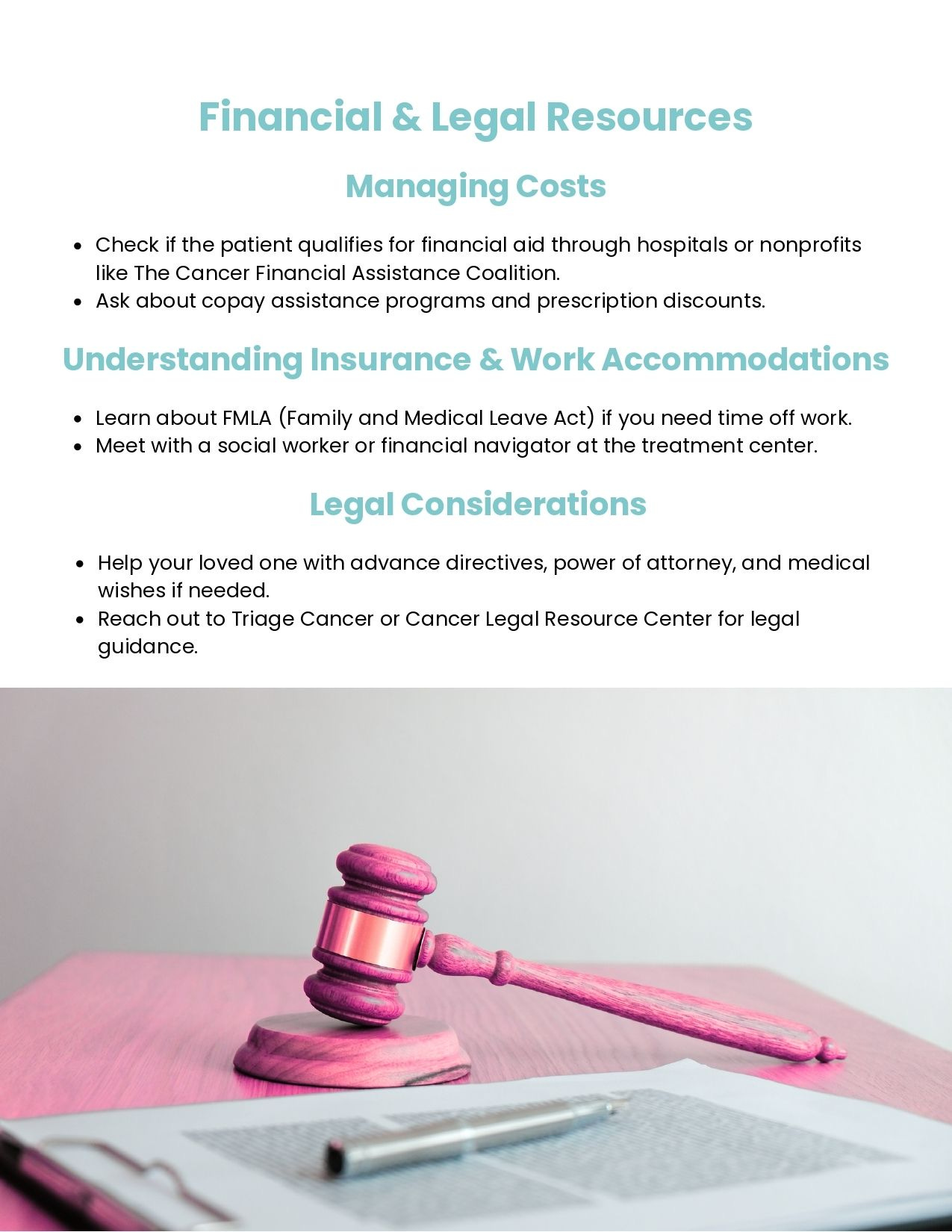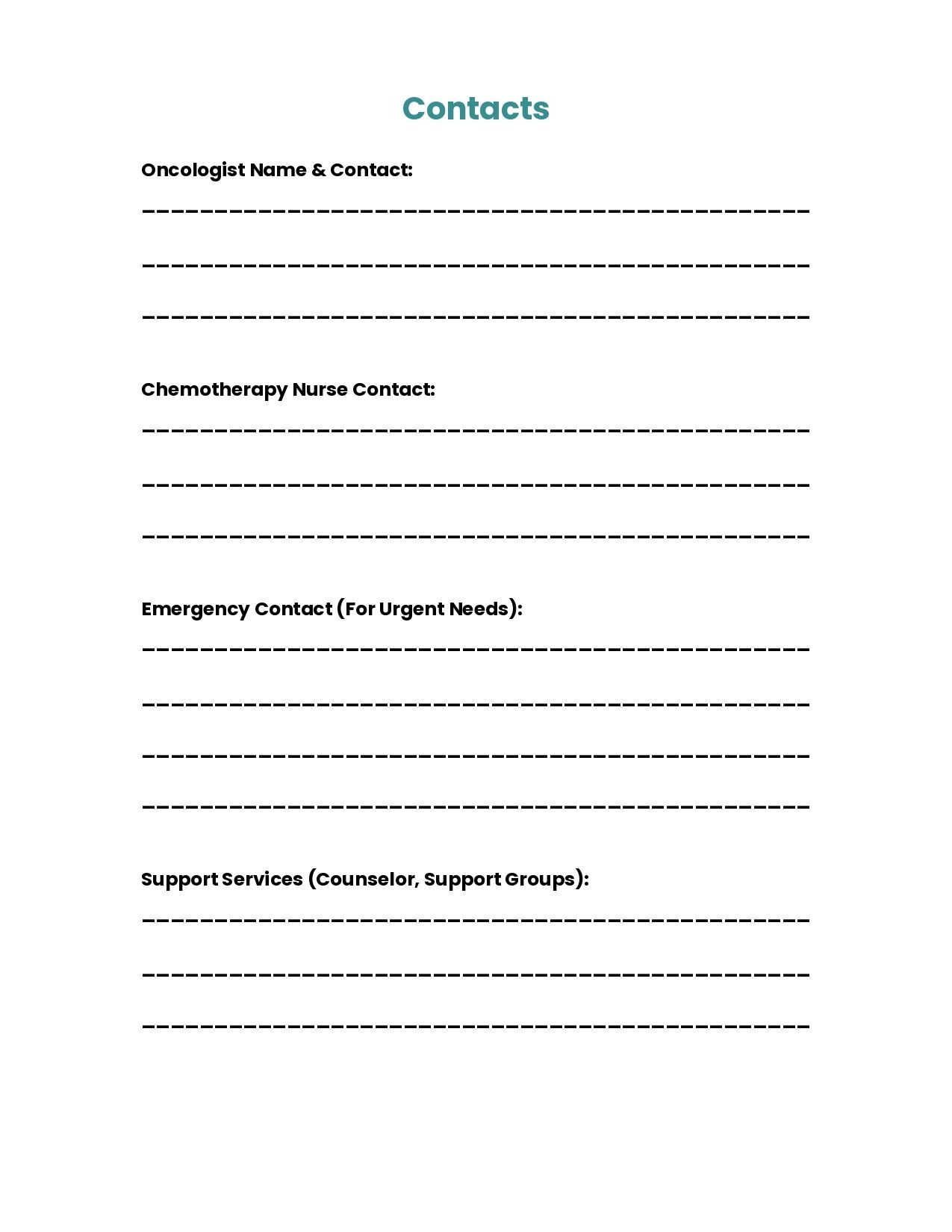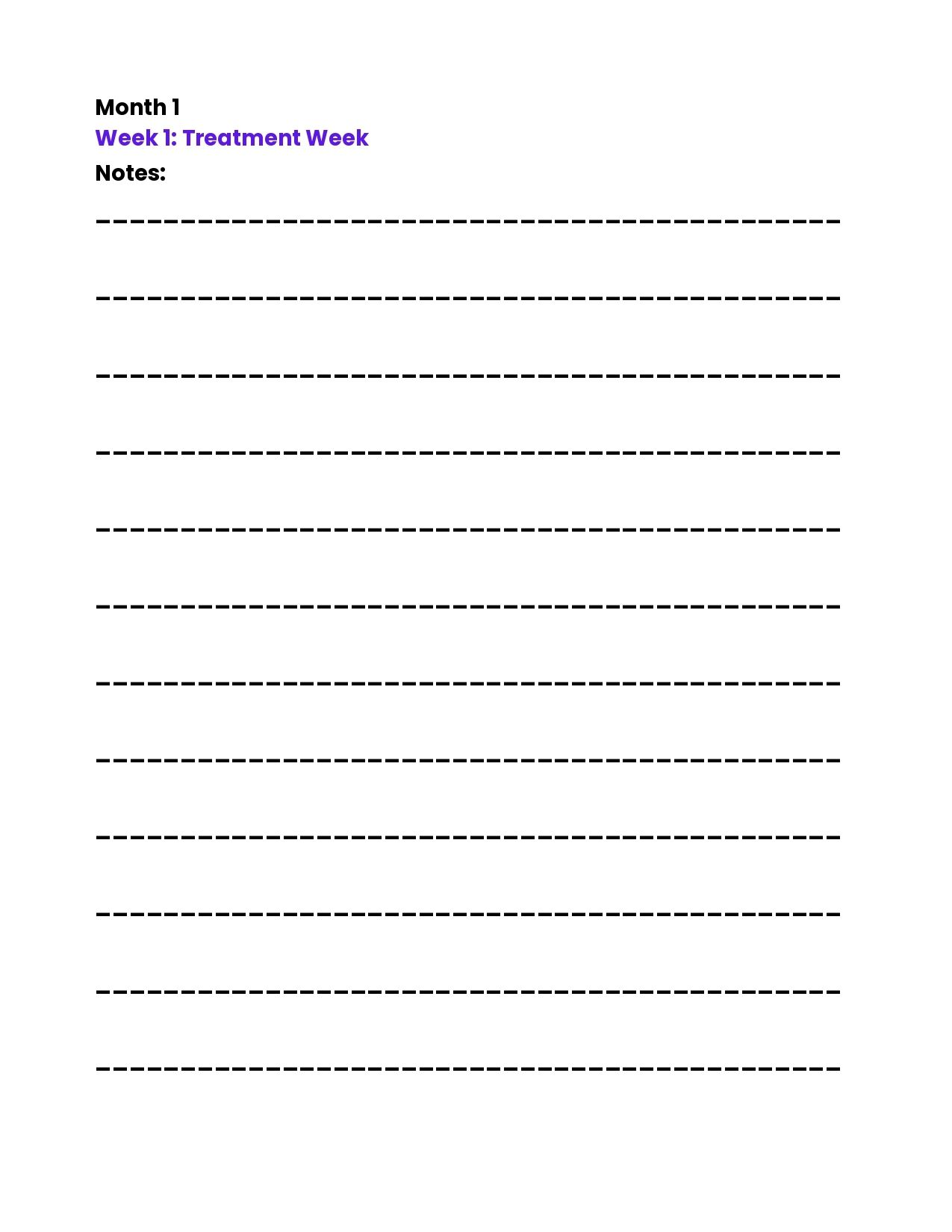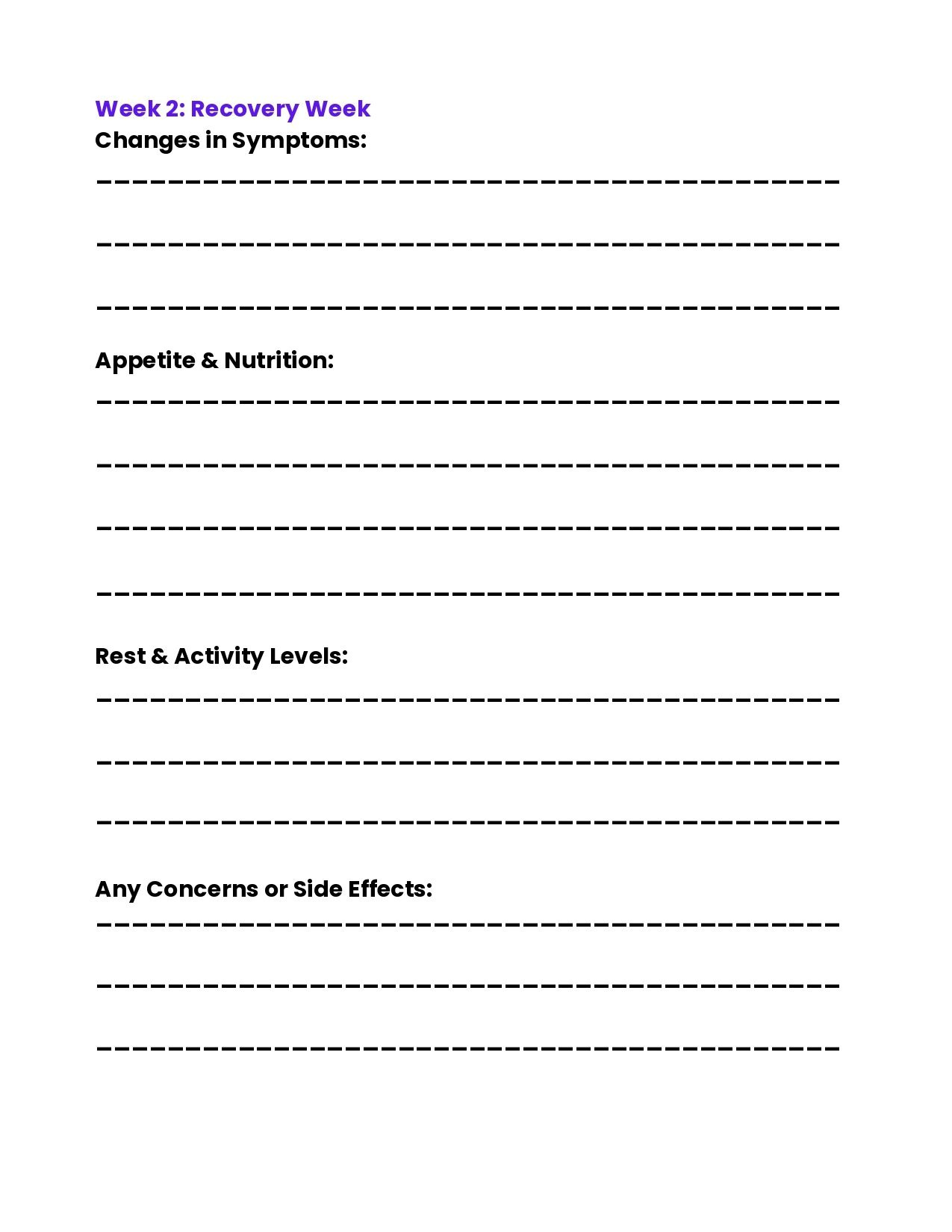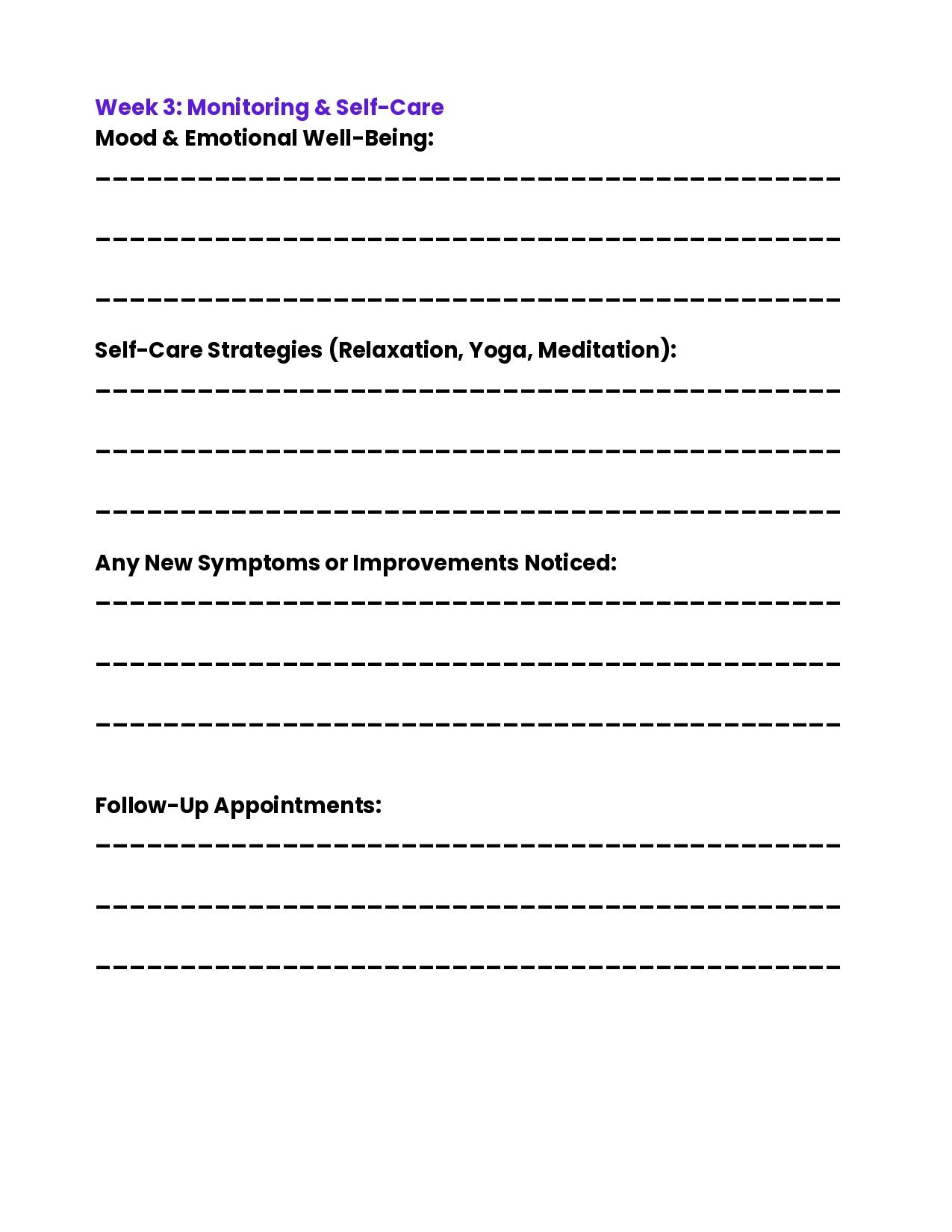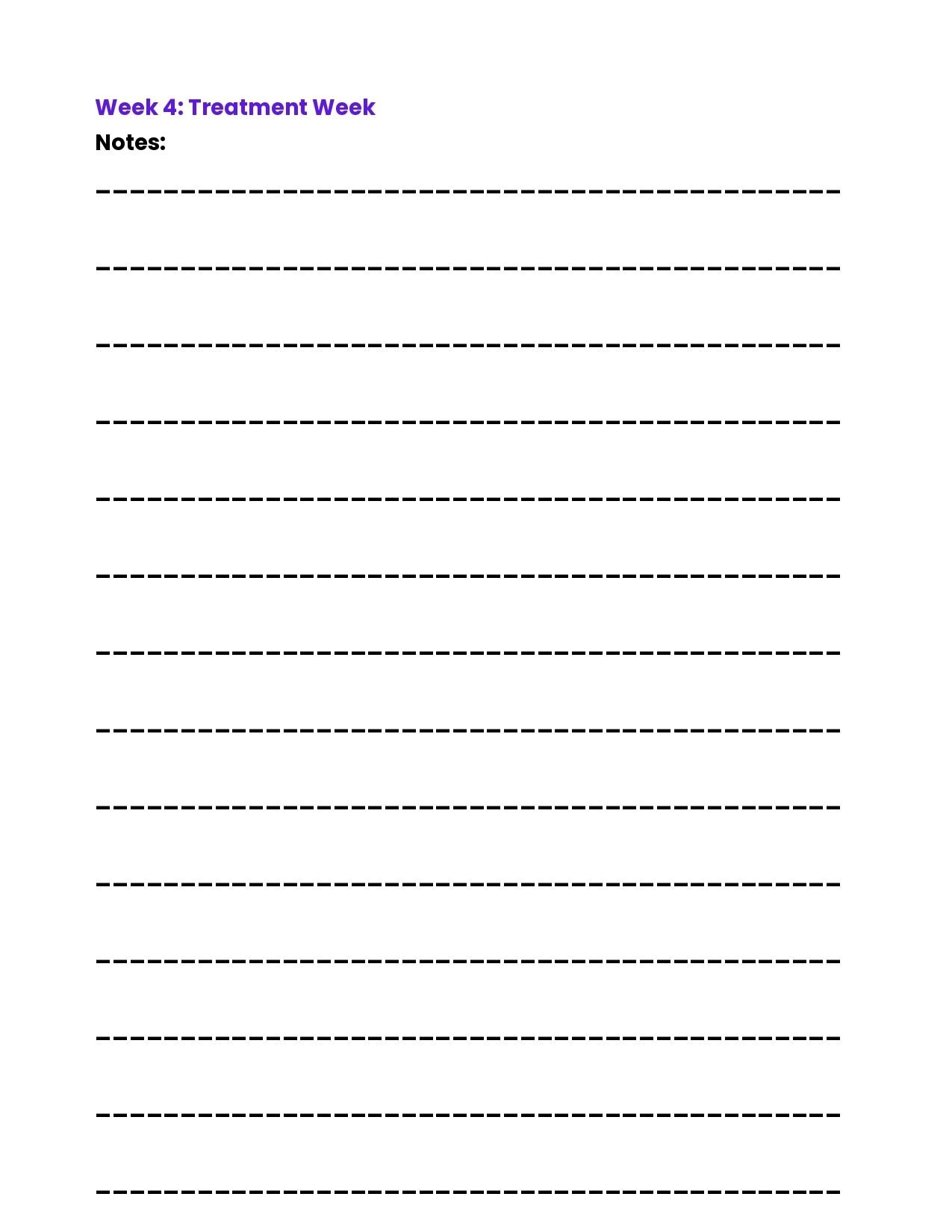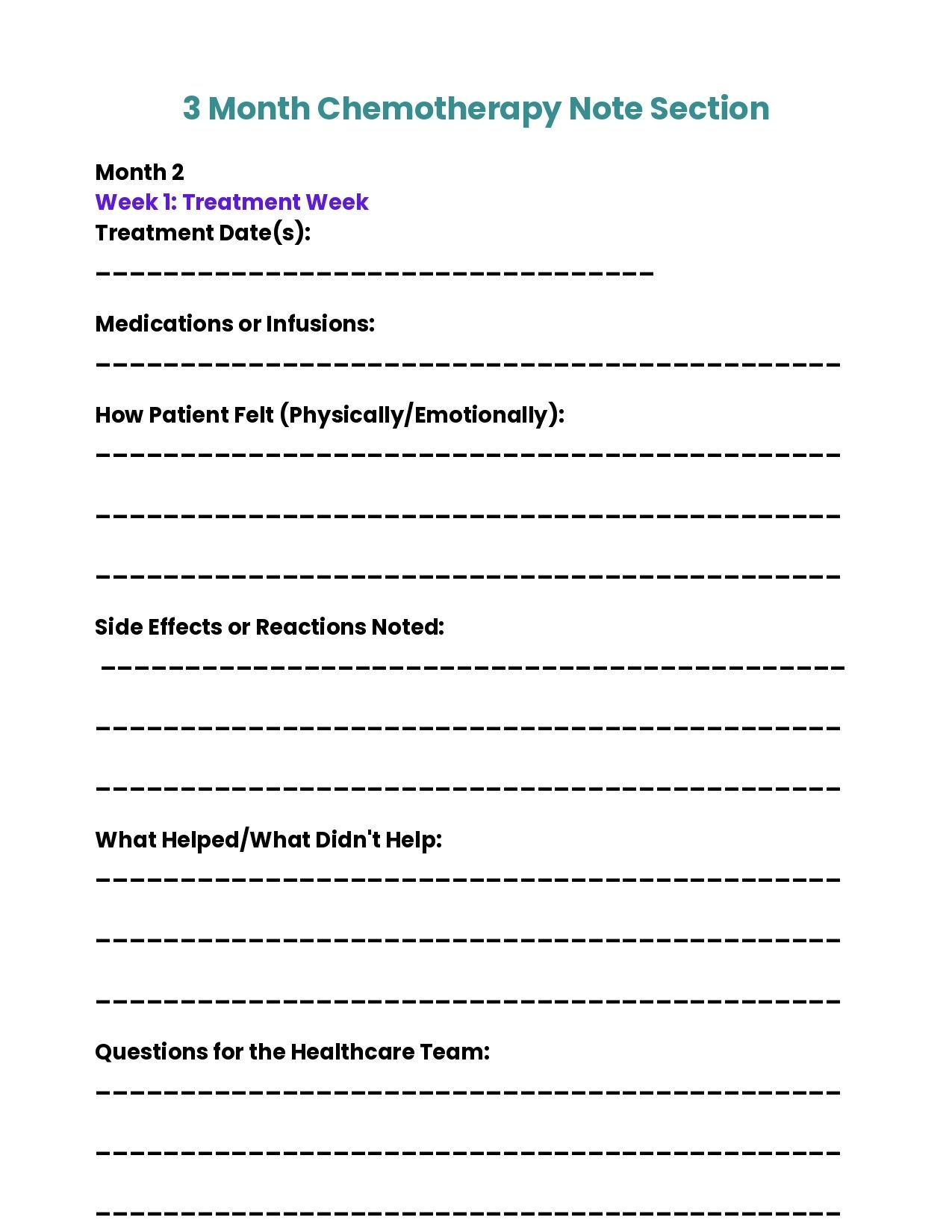SUPPORTING A LOVED ONE THROUGH CANCER TREATMENT
Welcome to The Chemo Club, my name is Alexandra O’Brien. I had just graduated from the University of Arizona when my mom, Andrea, was diagnosed with cancer. That phone call changed everything. Overnight, I became a caregiver managing medications, cooking meals, driving to appointments while still trying to be a daughter and sister. Nothing could have prepared me for that. I felt lost and isolated. Doctors offered medical advice, but there was a disconnect between the clinical world and the daily reality of caring for a loved one. I had no roadmap, no community to turn to. I am not a doctor, and I do not have a cure but I am a daughter who lived through this - a caregiver.
I have learned ways to make this experience more manageable, and I created The Chemo Club so no one has to go through it alone. My hope is that it becomes your go-to place for advice, education, and most importantly, a community. Fighting with you, fighting for you, and fighting alongside you always.
XOXO, Alexandra O’Brien Roulades
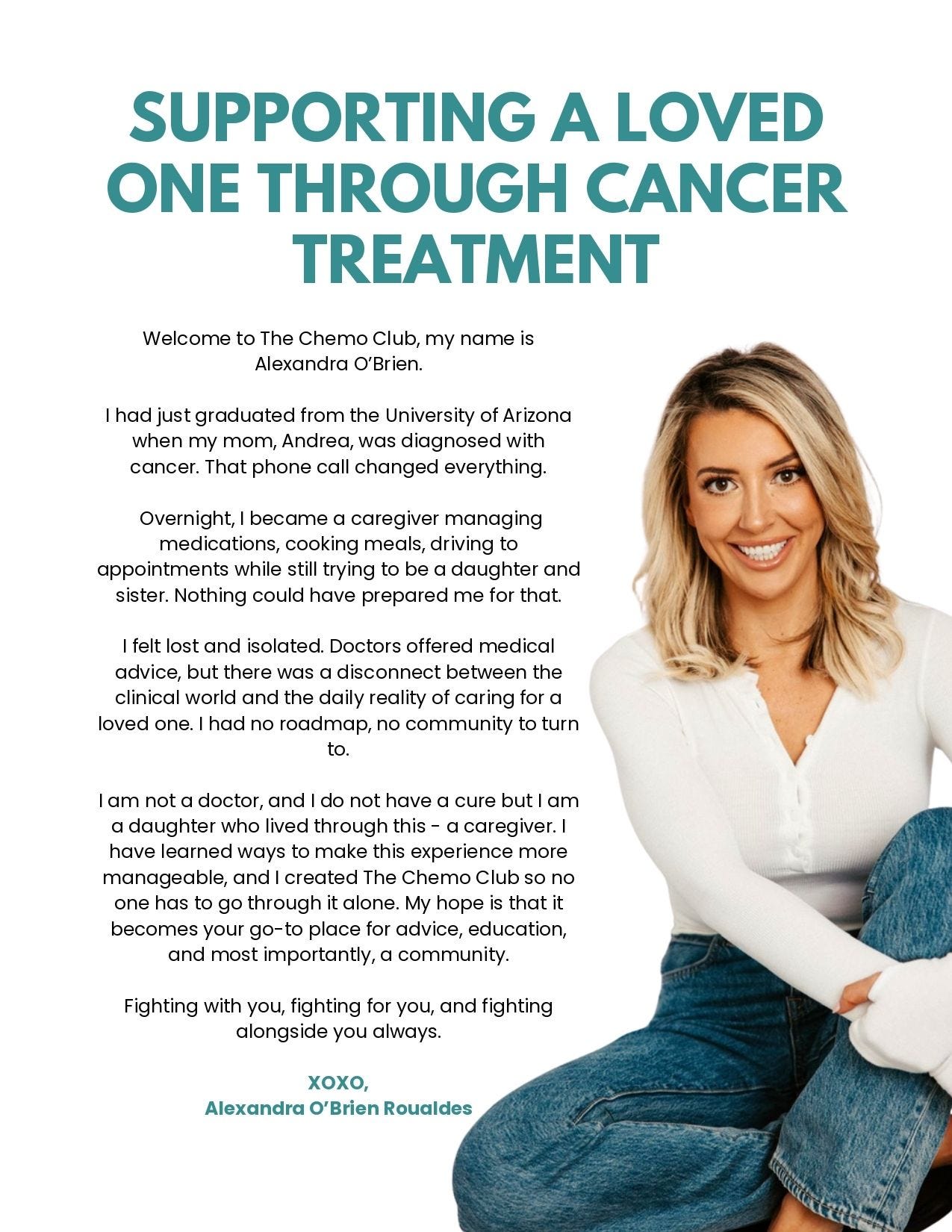
The Chemo Club Caregiver Resource Guide:
TABLES OF CONTENTS
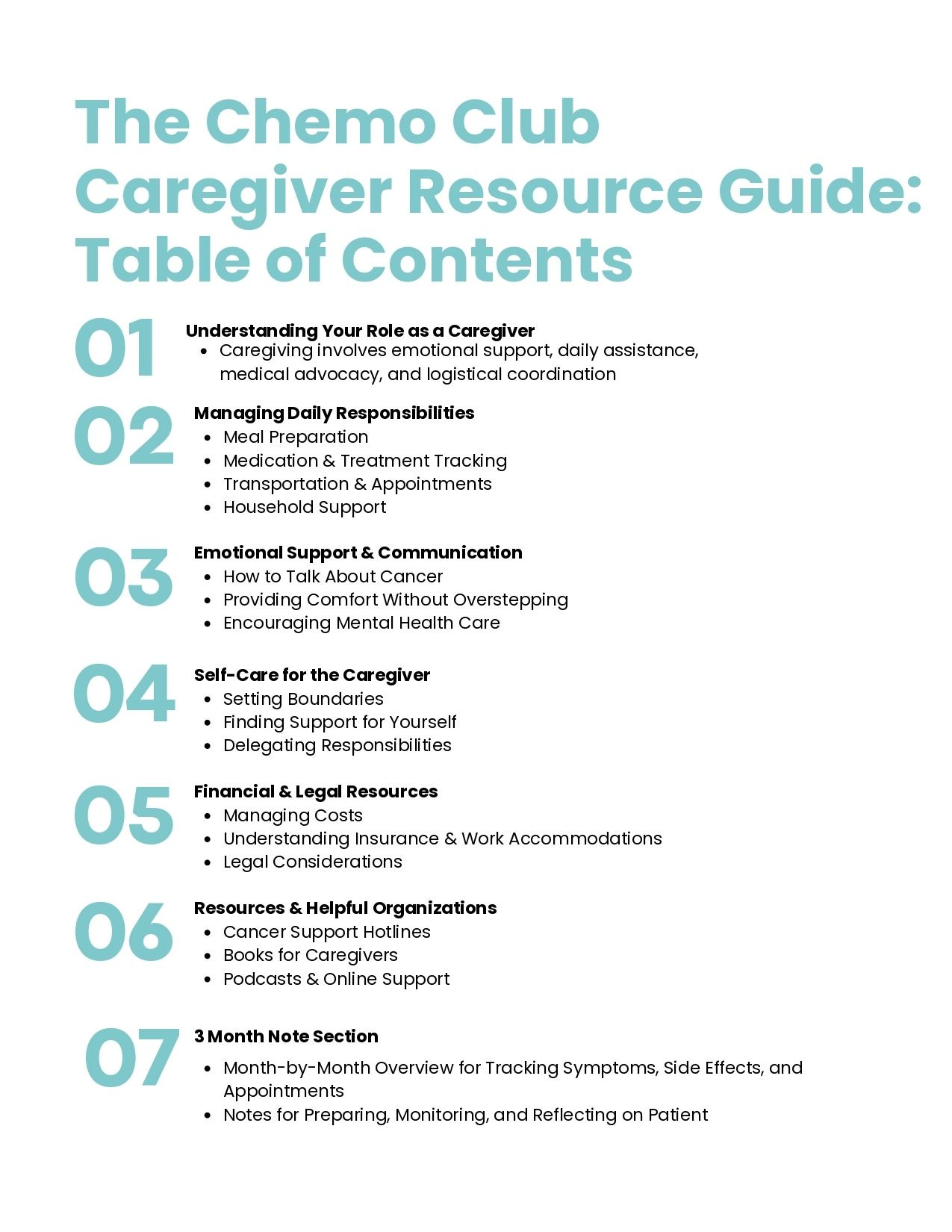
UNDERSTANDING YOUR ROLE AS A CAREGIVERS
Caregiving involves emotional support, daily assistance, medical advocacy, and logistical coordination. Every patient’s needs will differ—maintain open communication about how you can best support them. Being a caregiver is both physically and emotionally demanding, requiring patience, compassion, and resilience. Main Duties of a Caregiver: Personal Care Meal Preparation & Nutrition Medication Management Transportation & Errands Household Management Emotional & Companionship Support.
MANAGING DAILY RESPONSIBILITIES
Personal Care
Assisting with bathing, dressing, grooming, and toileting.
Helping with mobility, transfers, and fall prevention.
Ensuring proper hygiene and comfort
Meal Preparation
Focus on nutritious, easy-to-digest meals (soups, smoothies, high-protein snacks).
Batch cook meals and freeze portions for convenience.
Consider meal delivery services like Sakara Life, Daily Harvest, or local meal trains.
Medication & Treatment Tracking
Use apps like MediSafe or MyTherapy to track medication schedules.
Keep a journal or spreadsheet for treatment dates, side effects, and doctor’s notes.
Transportation & Appointments
Rideshare options: Uber Health or local cancer support groups that provide free transportation.
Family calendar: Schedule appointments and treatment days in one place.
Household Support
Cleaning services: Look into Cleaning for a Reason (free house cleaning for cancer patients).
Delegation: Ask friends/family to help with grocery shopping, laundry, and pet care.
